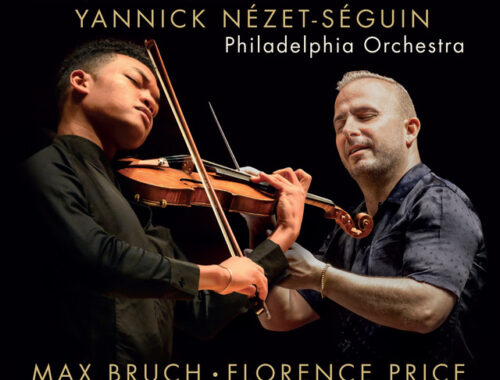GRAMOPHONE Review: Mahler Das Lied von der Erde – Budapest Festival Orchestra, Fischer / Het Collectief, de Leeuw
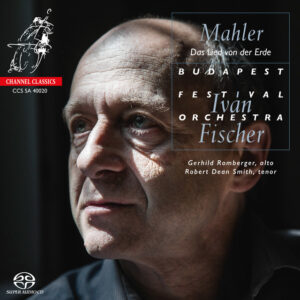 Listening to Ivan Fischer’s account of Das Lied von der Erde so soon after nominating Jurowski’s Berlin/Pentatone recording for ‘Record of the Month’ (September) only serves to underline how pointedly Jurowski and his Berlin Radio engineers made capital of the kinship Mahler so miraculously forged between his instrumental and human voicings – a symphonic interrelationship such as one rarely hears realised so vividly.
Listening to Ivan Fischer’s account of Das Lied von der Erde so soon after nominating Jurowski’s Berlin/Pentatone recording for ‘Record of the Month’ (September) only serves to underline how pointedly Jurowski and his Berlin Radio engineers made capital of the kinship Mahler so miraculously forged between his instrumental and human voicings – a symphonic interrelationship such as one rarely hears realised so vividly.
Fischer and his engineers favour a more conventionally open ambience, less ‘integrated’ with regard to the vocal (as opposed to instrumental) soloists. Rather closer to hearing it live in the concert hall. As a reading it is everything one might expect of this seasoned Mahlerian – transparency, sensitivity, and heart in abundance. Just listen to the misty murmurings on the opening page of the second song ‘Der Einsame im Herbset’, the solitary figure just visible by the lake. Its far-reaching 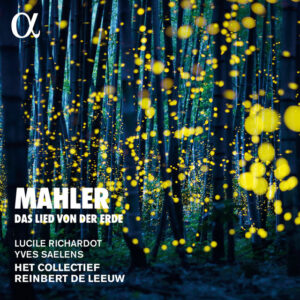 shimmer is typical of the watercolour washes in which the piece abounds.
shimmer is typical of the watercolour washes in which the piece abounds.
Fischer and Jurowski share the same tenor soloist, Robert Dean Smith, a seasoned Bayreuth heldentenor for whom the taxing tessitura seems to hold no fears. For once (or twice) it’s not the ‘heft’ but the light and shade which sets him apart. He’s not just about the big notes; he brings elegance to the grace notes. In short, he doesn’t sound like he’s trying to be a different singer once the elemental first song – ‘Das
Trinklied vom Jammer der Erde’ – is behind him. Fritz Wunderlicht brought a similar quality to Klemperer’s studio recording (with Christa Ludwig) but he would never have sung it live.
Fischer’s contralto is Gerhild Romberger, a native German, which is great for text. Hers too is a lovely unaffected sound. But she doesn’t have Sarah Connolly’s ‘connection’ with the imagery and sentiment of both text and subtext. The great ones (and I include Connolly in that company) inhabit the pantheism, the valedictory heartache of the piece. And lovely is no substitute for rapturous in the key moments of ‘Der Abschied’. Dare I say it, Romberger lacks ‘theatre’ – she sounds like a concert singer. It’s very ‘text book’ precise. And that does mean that there’s a dimension missing from the reading as a whole.
The other recording under consideration comes from the chamber group Het Collectief and presents a new and timely – timely as in Covid-friendly – chamber scoring of Das Lied from Reinbert de Leeuw. De Leeuw has built upon upon Arnold Schoenberg’s 1918 version adding key elements from the orchestral score like harp and contra-bassoon to the mix. And once you are reminded how crucial the sepulchral rasp of the contra-bassoon is to the scoring of ‘Der Abschied’ you wonder what Schoenberg was thinking to exclude it.
This chamber scoring does, of course, throw the instrumental and vocal colours into sharper relief and the playing has real character and a quality of intimate kinship characteristic of small ensembles. Paradoxically it does not diminish but rather adds to the excitement of passages like the ‘wild horses’ episode of ‘Von der Schönheit’ (though taken rather too deliberately here) and lends them great immediacy.
Yves Saelens is the tenor relieved of battling larger forces though his slightly hectoring tone suggest he still is. There isn’t the well-rounded beauty or indeed finesse of Robert Dean Smith. Lucile Richardot is certainly more involving than Romberger is for Fischer and it’s wonderful that she takes the final ‘Ewig’ to the edge of audibility. Indeed it’s typical of her sensitivity. I just wish I liked the sound more. There’s a hint of ‘two voices’ about it with the lovely contralto colour of the lower register losing its bloom and allure in the upper register.
In sum Connolly and Jurowski must be heard. Or if you want something more emotive there’s always the extraordinary Fischer-Dieskau, King, Vienna Philharmonic/ Bernstein classic to blow your mind.
You May Also Like
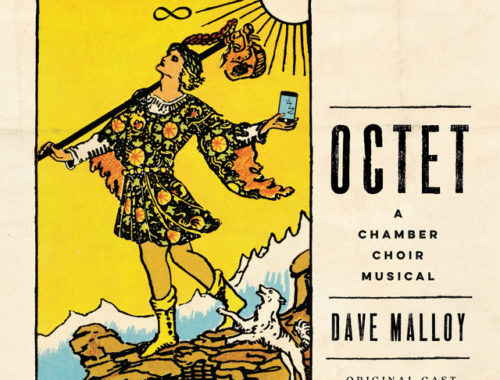
GRAMOPHONE Review: Malloy Octet – Original Cast Recording
25/03/2020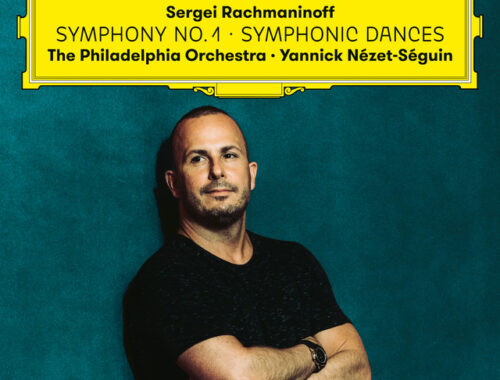
GRAMOPHONE Review: Rachmaninov Symphony No. 1 / Symphonic Dances – Philadelphia Orchestra/Nézet-Séguin
24/02/2021